

How well do you know about framework agreements? In this article you will be able to know more information about it. Let us discuss first its definition. So, what is a framework agreement? These are arrangements made between buyers and suppliers that provides the necessary terms which governs the contracts to be further established at a specific time. This also involves the price and the quantity. There are also other conditions that needs to be considered in advance such as the place of delivery. It is also referred to as blanket purchase agreement or master ordering agreements which are existing for the purpose of providing goods that can be purchased at a lower price.
There have been a lot of advantages to having a framework agreement. From the suppliers perspective, it can be used as a great way to work with the public sectors which can hold credence to ensure the security of the future public sector work both in framework and individual contract. It also helps in nourishing long term partnerships with the potential buyers and can even provide a long term revenue stream for every businesses. From the buyers perspective, there will be a reduction when it comes to the process of tendering that will create an essential benefits for the buyer. This will somehow include potential discounts and savings, administration time and costs, and a planned approach and trusted partners who are labeled experts in the field.
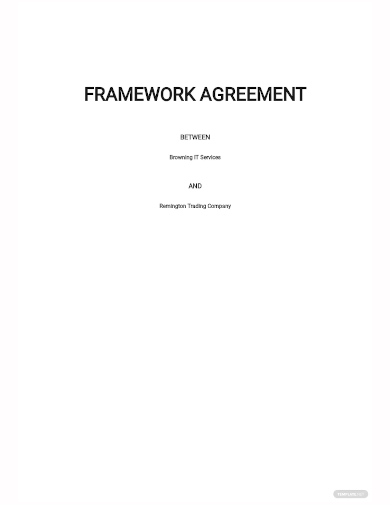
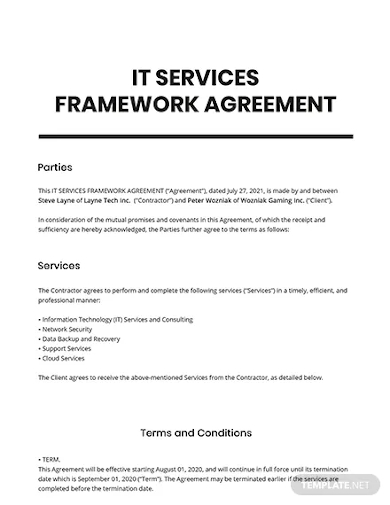
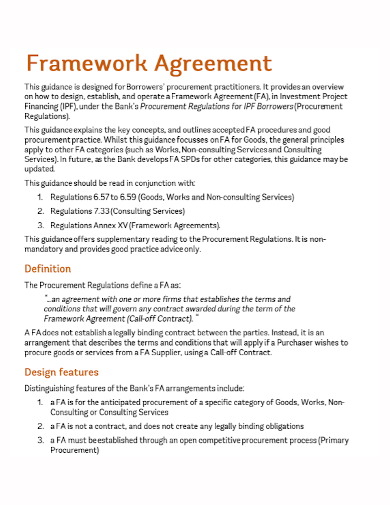
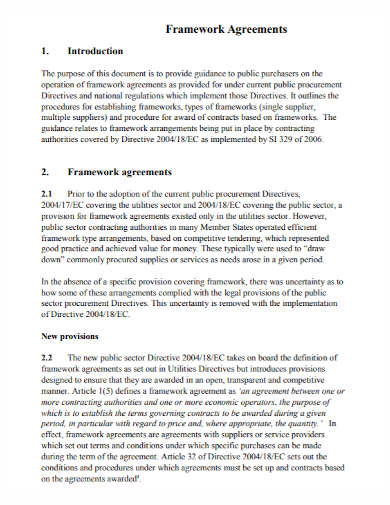
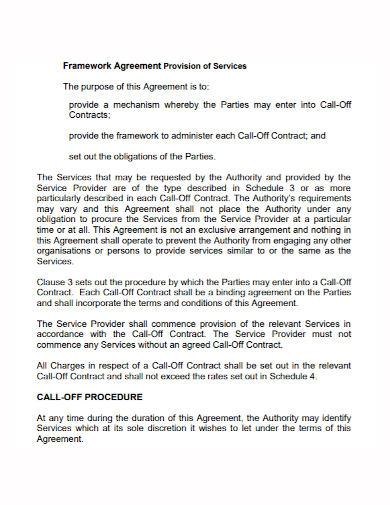
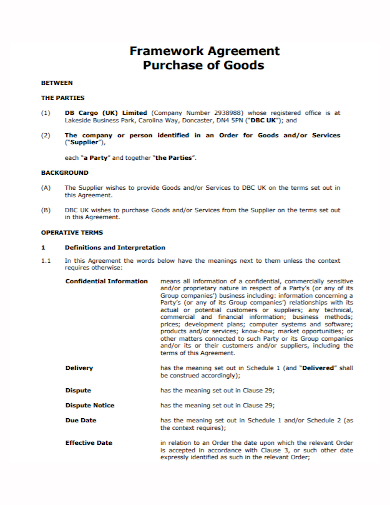
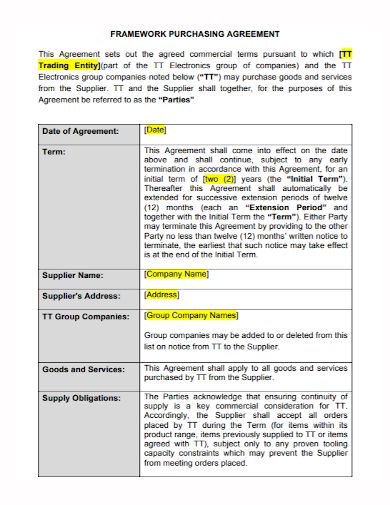
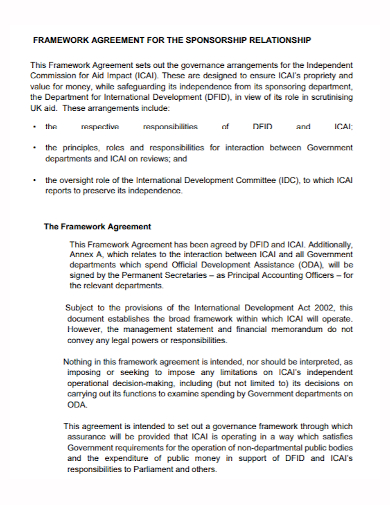
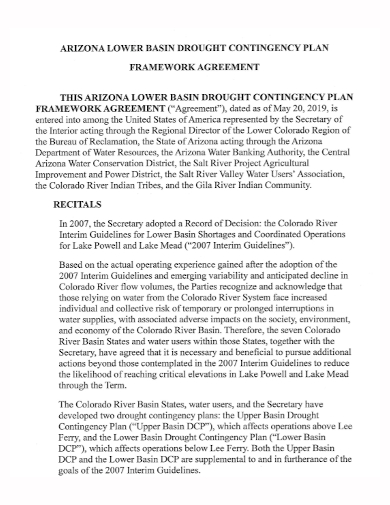
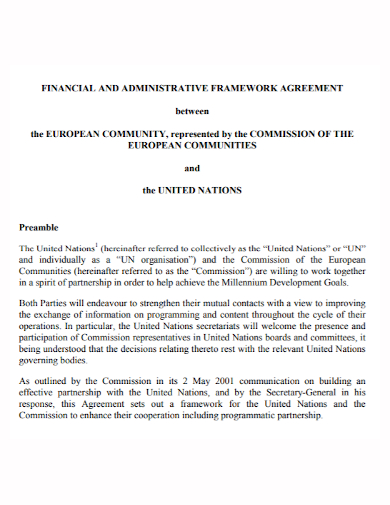
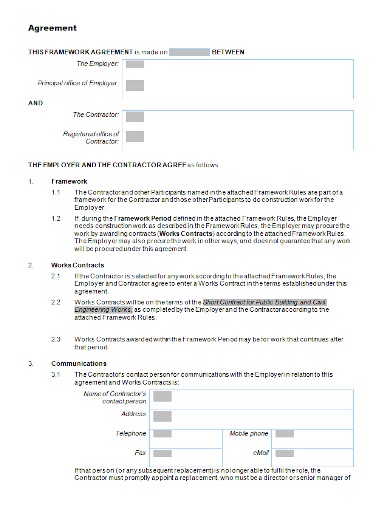
There have been clarifications made on the rules of framework agreements. Framework agreements continue to play its part especially in the public procurement where it enables councils to collaborate through the central purchasing bodies. The rules still remain the same including its duration. The following statements have minor changes that clarifies and improves the method as to how a specific framework agreement works.
Is a framework agreement legally binding? Technically, it is considered as legally binding in terms of the bidder who carries out the work with a documented terms and conditions. A certain framework usually provides a guide that will help in how much work and value they would be expecting to be in the framework agreement.
From the bidders’ perspective, there will be a lot of bidders who will be invest in more time and costs which will be awarded onto the framework. However, they potentially do not receive any work through them. Once you are already awarded a place on the framework, you cannot expect a notification or a phone call anymore because you still have to work hard to get your share. From the buyers’ perspective, framework agreements can sometimes become a challenging way to manage and can also provide restrictions to new suppliers who offers innovation to the evolving nature of technologies.
They may have a little difference because it merely depends on the sector and the service, but they still have the same rules to apply.
When you are going to establish framework agreements, you have to know that the buyers has to be aware of the effects of having a limited competition that are being associated with repetitive purchases of the same products from exactly the same suppliers. Now, if you are worrying about how to start creating your framework agreement, you can check out the samples and templates provided in the articles so that you will be guided properly.